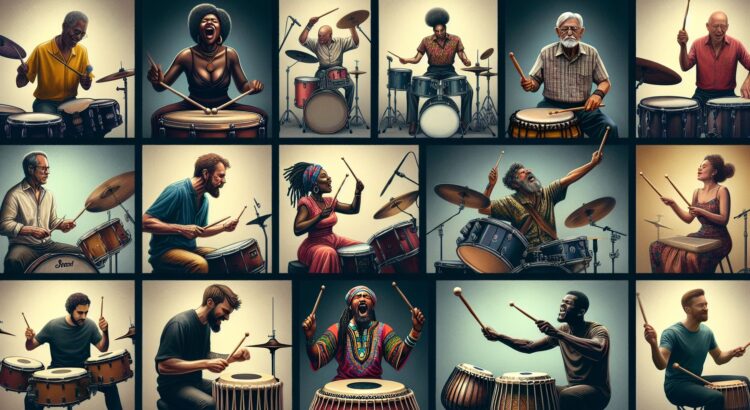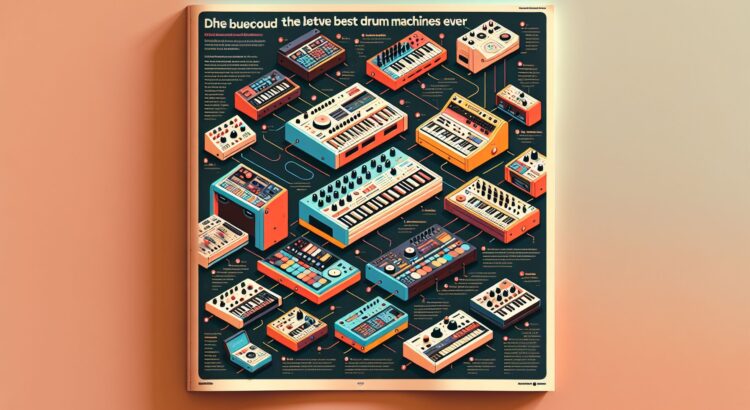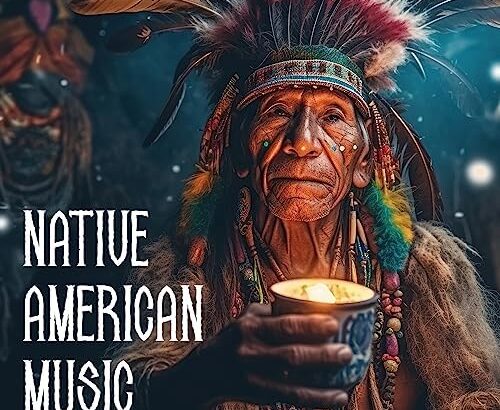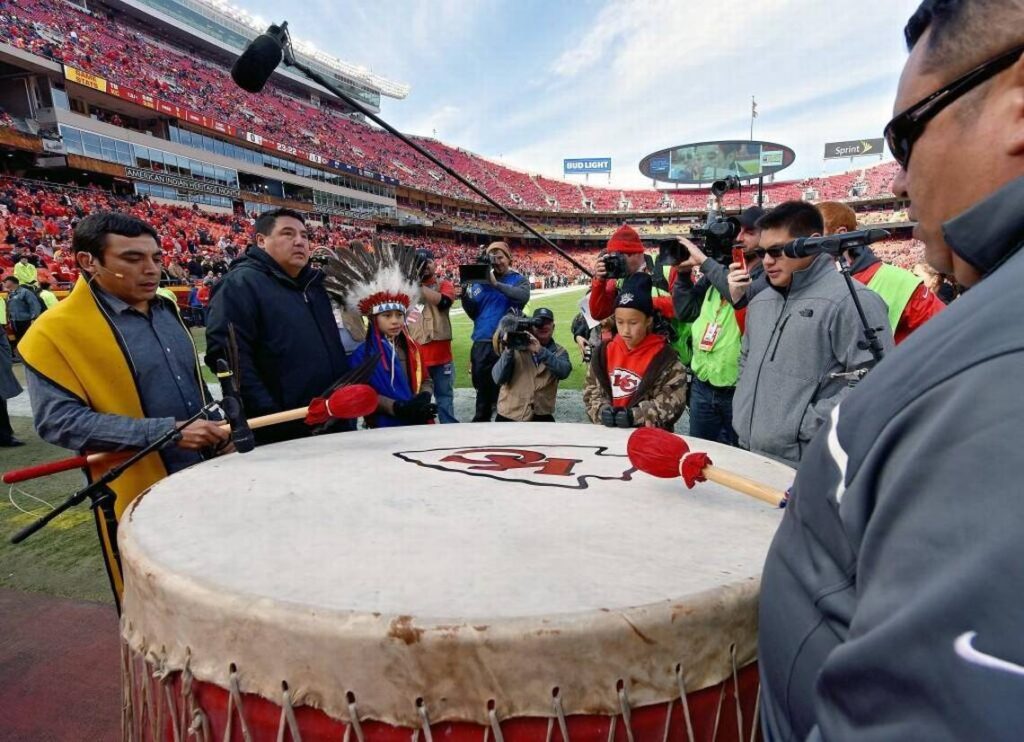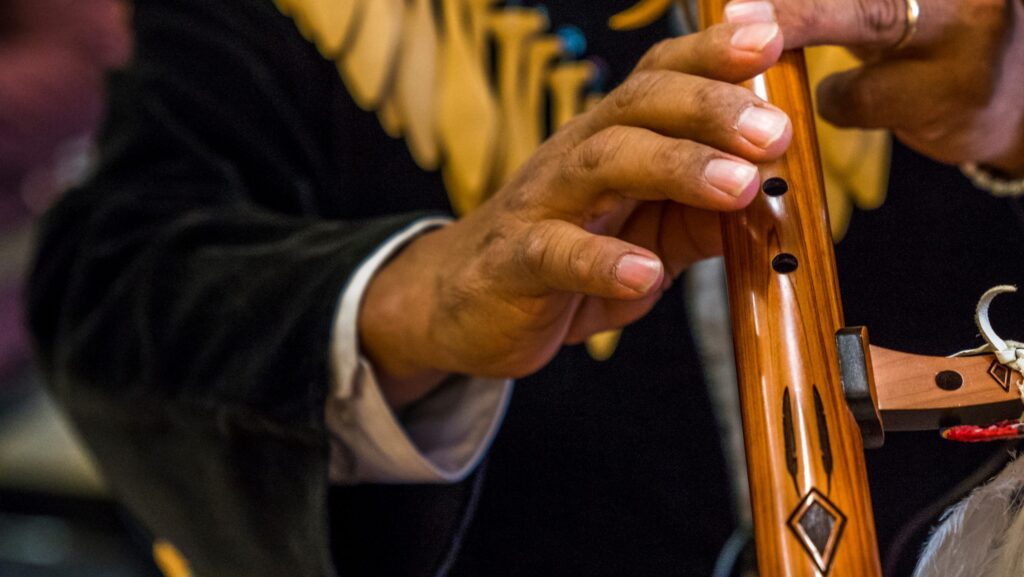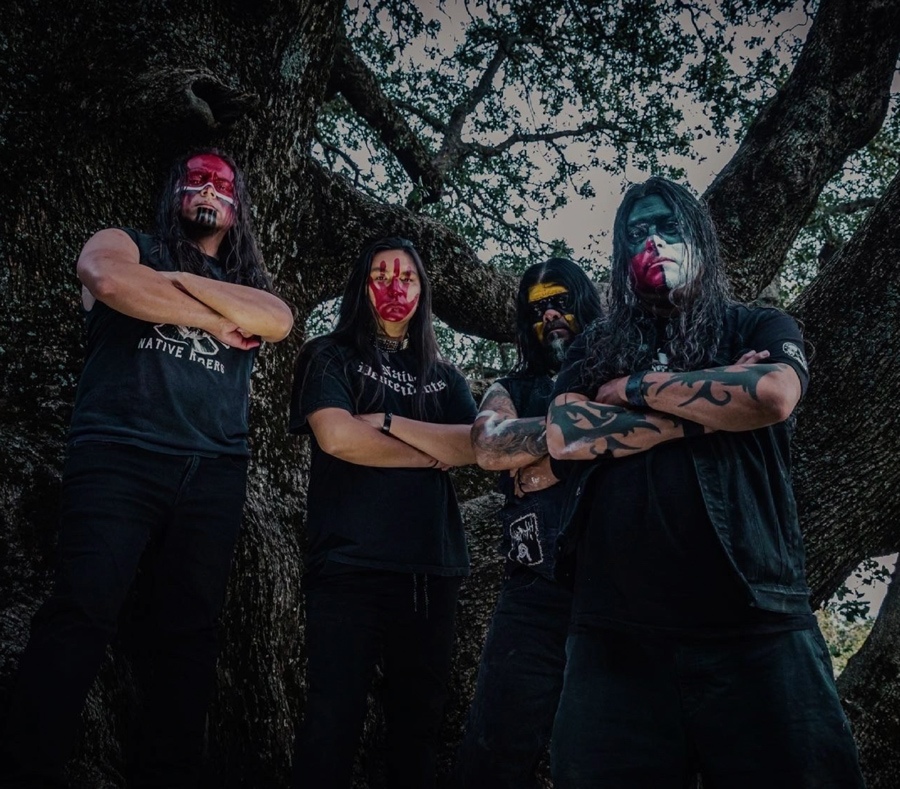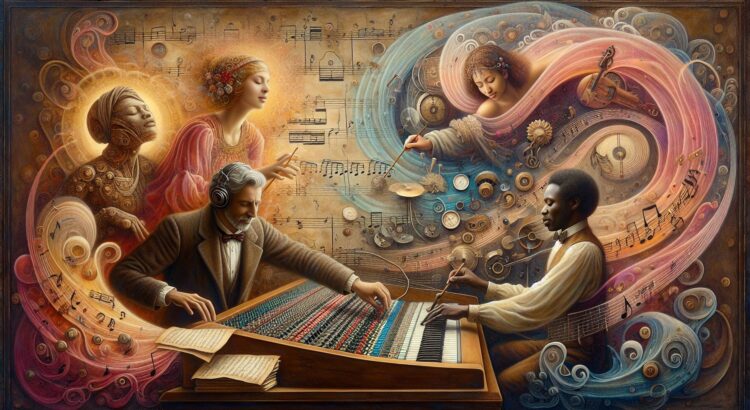As musicians, we can all agree that the backbone of any great band or performance lies in the hands of a skilled drummer. The driving force behind the rhythm, the heartbeat of the music, drummers are the unsung heroes that keep the groove alive. In this article, we will explore some of the best drummers of all time, who have not only mastered their craft but have also left an indelible mark on the world of music.
1. Keith Moon
Our journey begins with none other than Keith Moon, the explosive and notorious drummer of The Who. Known for his wild and energetic style, Moon was a master of showmanship, and his drumming brought an unparalleled energy to the stage. His erratic, yet precise, fills and thundering beats transformed drummers from mere background players to front and center stage performers.
Listen to one of Keith Moon’s incredible performances here
2. John Bonham
Moving on, we encounter the legendary John Bonham, the driving force behind Led Zeppelin. Bonham’s hard-hitting and innovative style paved the way for future generations of drummers. Known for his thunderous grooves and impeccable sense of timing, Bonham’s power and precision have become the gold standard for rock drumming.
Listen to John Bonham’s iconic drum solo here
3. Buddy Rich
Next up, we have Buddy Rich, often considered one of the greatest drummers in jazz history. Known for his lightning-fast hands and extraordinary technique, Rich’s skills behind the drum set were truly unparalleled. His ability to effortlessly navigate complex rhythms and improvise with ease solidified his place as a true jazz master.
Listen to Buddy Rich’s awe-inspiring drumming skills here
4. Neil Peart
No list of the best drummers of all time could be complete without mentioning Neil Peart, the iconic drummer of Rush. Renowned for his intricate drumming patterns and lyrical approach to percussion, Peart pushed the boundaries of what was possible in rock music. His distinct style and technical prowess continue to inspire drummers around the world.
Listen to Neil Peart’s captivating drumming prowess here
5. Sheila E.
Lastly, we highlight an incredible drummer who has made a significant impact not only on drumming but also on breaking barriers in the music industry itself. Sheila E., known for her unparalleled skills and infectious stage presence, has played alongside legendary artists such as Prince and Ringo Starr. Her unique blend of Latin, funk, and rock rhythms has elevated the role of drumming for women in music.
Listen to Sheila E.’s captivating rhythms and infectious energy here
In conclusion, the world of drumming has been blessed with exceptional talents that have elevated their instrument to new heights. From the explosive energy of Keith Moon to the technical brilliance of Sheila E., these drummers have left an indelible mark on the history of music. As musicians, we can learn from their creativity, dedication, and mastery of rhythm. So let us take inspiration from these drumming giants, and continue to forge our own paths in the world of rhythm and music.
*Note: The audio links provided are for illustrative purposes only and do not necessarily represent the mentioned drummer’s best performances.
